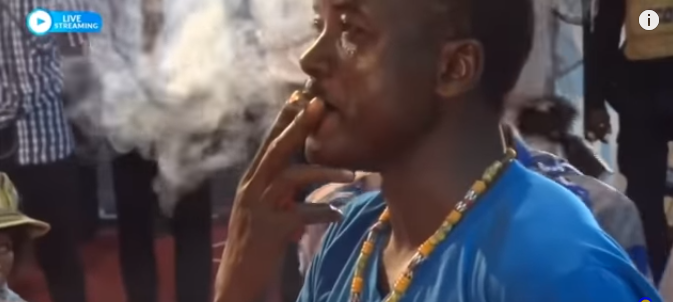When it was announced that the boy would not face criminal charges because of his age, it became the latest in a string of cases which have sparked a debate about the age of criminal responsibility,
The boy, named only as Cai confessed to the murder of the 10-year-old girl in Dalian, Northeast Liaoning province, earlier this month.
But he will not spend any time behind bars; instead he was given three years in “rehabilitation” – a sentence Chinese media called” the harshest punishment within the current legal system for a minor.”
Under normal circumstances, a child of 13 in China would not be held criminally responsible for their actions – the age of criminal responsibility is 14. In the UK, it is 10.
But the murder in Dalian prompted nationwide outrage – and a discussion at official levels about the possibility of changing Chinese law.
On 19 October, the parents of the victim – whose identity has not been made public – realized something was wrong when their daughter did not return from school.
Chinese state media said that 13-year-old Cai lured the victim to his home, where he” sexually assaulted her, stabbed her to death and then dumped her body”.
Her parents found her body the next day, dumped in a ditch near their home.
According to local media, Cai lives in the same community as the victim and he goes to the same school as the girl’s brother, but they did “not know each other well”.
The Beijing Youth Daily reported that the victim’s parents hired a lawyer and were seeking ” the most severe punishment for murder”.
In normal circumstances, Cai would not have received any punishment. China’s Criminal Law stipulates that only minors between the ages of 16 and 18 can be held criminally responsible for any offence.
But those between the ages of 14 and 16 can be tried for serious offences, such as murder, rape and robbery. Those aged 13 and under are not held criminally responsible for their actions.
This is largely in line with United Nations recommendations, which suggest the age of criminal rersponsibility should be 14 at the lowest while those under 16 should not be held in detention.
In the case of all minors, China has a Minors Protection Law which protects their legal rights, so their identities are protected throughout a judicial process.
On 24 October, Dalian’s Public Security Bureau confirmed that the boy would be rehabilitated but would not face criminal charges because of his age.
The announcement led to widespread anger in Chinese media. State-funded media outlet The Paper said that the boy had an “usually” large build for a 13 -year-old boy, and users on the Sina Weibo microblog – similar to Twitter -argued against the set- in -stone age rule for prosecution. “Is this the body type of a boy?” one user asked.
Many Weibo users called for “severe punishment” of the boy, even going as far as the death penalty, calling him an “animal”. Others said that his parents should be held responsible, if he would not.
“What kind of family educates such an animal?” one user asked.
The strength of social media anger and calls for legislation amendment have been fuelled by reports of gangs recruiting minors to exploit China’s criminal law, as well as a number of prominent, similar cases in recent year.
In the recent case in Dalian, local police told The Beijing News that the boy would spend the next three years in enforced rehabilitation, arguing that it was “the harshest punishment within the current legal system for a minor”.
The official Xinhua News Agency said the case had prompted lawmakers at national level to discuss the possibility of amending the laws on protecting minors, and lowering the age of criminal responsibility.
Draft revisions to those laws were reviewed at the bimonthly session of the National People’s Congress Standing Committee on Saturday.
Subscribe to our Youtube Channel:

.jpeg&w=60&q=100&h=60)




.jpeg&w=60&q=100&h=60)





